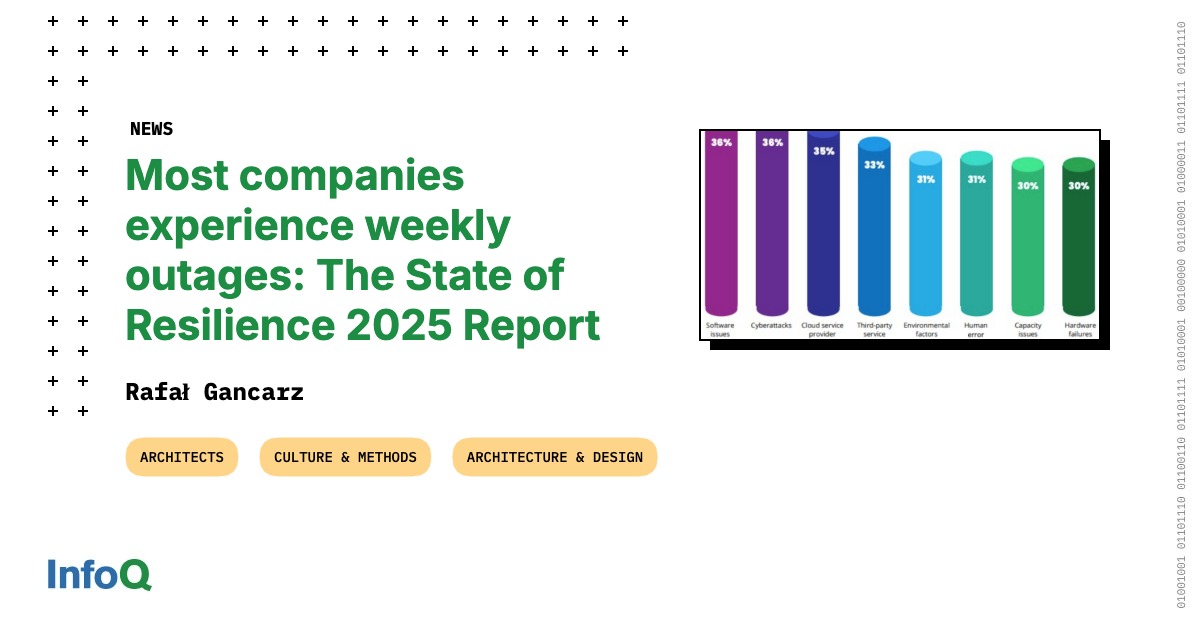AI Uncovers Insurance Claim Conspiracy: Law Firm Challenges Healthcare Giants
Companies
2025-03-12 19:39:00Content

In a startling revelation on Wednesday's "Closer Look," attorney Glenn Danes from Clarkson Law Firm exposed a potentially alarming practice by health insurance giant Cigna. The law firm alleges that the company has been using artificial intelligence to rapidly and potentially unfairly process insurance claims, with a shockingly brief review time of just 1.2 seconds per claim.
According to Danas, the AI system reportedly dismissed over 300,000 claims within a mere two-month period. This lightning-fast processing raises serious questions about the thoroughness and fairness of the insurance company's claim review process. The extremely short evaluation time suggests that critical medical claims might be summarily rejected without proper human oversight or comprehensive examination.
The allegations highlight growing concerns about the increasing role of artificial intelligence in sensitive decision-making processes, particularly in healthcare and insurance industries where nuanced human judgment can be crucial. Danes's expose brings to light the potential risks of relying too heavily on automated systems that may lack the empathy and detailed scrutiny required for complex medical claims.
AI's Dark Side: How Algorithmic Efficiency Threatens Patient Care and Insurance Claims
In an era of rapid technological advancement, artificial intelligence has permeated nearly every sector of our economy, transforming traditional processes with unprecedented speed and efficiency. Yet, beneath the veneer of technological innovation lies a potentially dangerous landscape where algorithmic decision-making could compromise fundamental human rights and healthcare accessibility.Unmasking the Hidden Risks of Algorithmic Healthcare Processing
The Algorithmic Claim Rejection Phenomenon
The healthcare insurance landscape is experiencing a seismic shift driven by artificial intelligence technologies that are fundamentally altering how medical claims are processed. Sophisticated algorithms now wield unprecedented power in determining the fate of patient reimbursements, often making critical decisions in mere milliseconds without comprehensive human oversight. Recent investigations have revealed alarming patterns of automated claim rejections, where complex medical scenarios are reduced to binary computational assessments. These systems, designed ostensibly for efficiency, potentially undermine the nuanced understanding required in healthcare claim evaluations.Technological Efficiency vs. Human Compassion
The emergence of ultra-rapid claim processing systems represents a critical junction where technological capability intersects with ethical considerations. When artificial intelligence systems can review hundreds of thousands of claims in extraordinarily brief timeframes, questions arise about the depth of analysis and potential systemic biases embedded within these algorithmic frameworks. Legal experts like Glenn Danes from Clarkson Law Firm are bringing critical attention to these practices, highlighting the potential for widespread medical claim injustices. The stark reality is that complex medical scenarios are being evaluated with minimal human intervention, raising significant concerns about patient rights and fair treatment.Quantifying the Impact of Algorithmic Decision Making
Statistical evidence suggests that AI-driven claim processing systems can potentially reject medical claims at unprecedented rates. In documented cases, insurance companies have utilized algorithms that spend mere seconds reviewing claims, which could translate to millions of dollars in denied patient reimbursements. The implications extend far beyond financial considerations, touching upon fundamental questions of healthcare accessibility and patient advocacy. When artificial intelligence becomes the primary arbiter of medical claim validity, the human element of compassion and contextual understanding becomes marginalized.Legal and Ethical Ramifications
The intersection of artificial intelligence and healthcare insurance presents a complex legal landscape fraught with potential regulatory challenges. Legal professionals are increasingly scrutinizing these algorithmic systems, seeking to establish frameworks that protect patient interests while acknowledging technological advancements. Regulatory bodies are being called upon to develop comprehensive guidelines that ensure AI systems maintain transparency, accountability, and fundamental respect for individual medical circumstances. The goal is not to impede technological progress but to ensure that efficiency does not come at the cost of human dignity.Technological Transparency and Accountability
As artificial intelligence continues to evolve, the healthcare industry must develop robust mechanisms for algorithmic accountability. This requires interdisciplinary collaboration between technologists, healthcare professionals, legal experts, and ethicists to create systems that balance computational efficiency with nuanced human understanding. Transparency in algorithmic decision-making processes becomes paramount. Insurance companies must be prepared to provide clear, comprehensible explanations for claim rejections, ensuring that patients understand the rationale behind automated determinations.Future Implications and Potential Reforms
The ongoing dialogue surrounding AI in healthcare insurance signals a critical moment of technological and ethical recalibration. Stakeholders across various domains are recognizing the need for balanced approaches that leverage technological capabilities while preserving fundamental human considerations. Potential reforms may include mandatory human review protocols, enhanced algorithmic transparency requirements, and more stringent regulatory oversight of AI-driven claim processing systems. The ultimate objective remains creating a healthcare ecosystem that respects both technological innovation and individual patient needs.RELATED NEWS
Companies

Insider Secrets: Asian Titans Poised to Explode with 109% Earnings Surge
2025-04-20 22:38:12
Companies

Gusts of Danger: NM Power Providers Sound Alarm on Potential Blackouts
2025-03-04 02:40:30
Companies

Breaking: Top 2025 Internships Revolutionize Career Paths with Killer Compensation and Meaningful Work
2025-04-16 13:01:00





